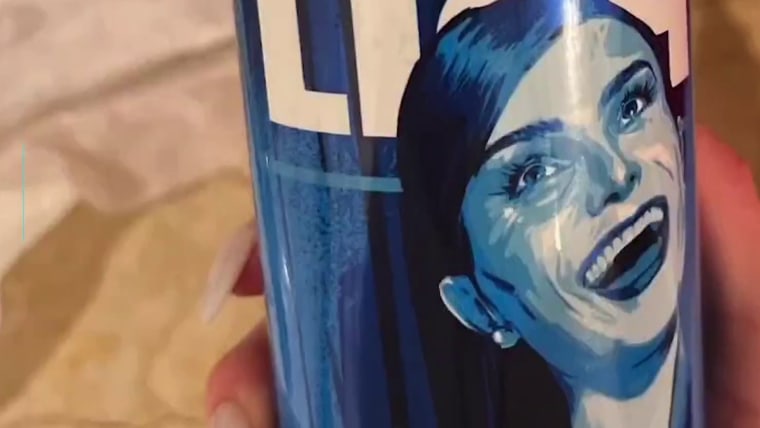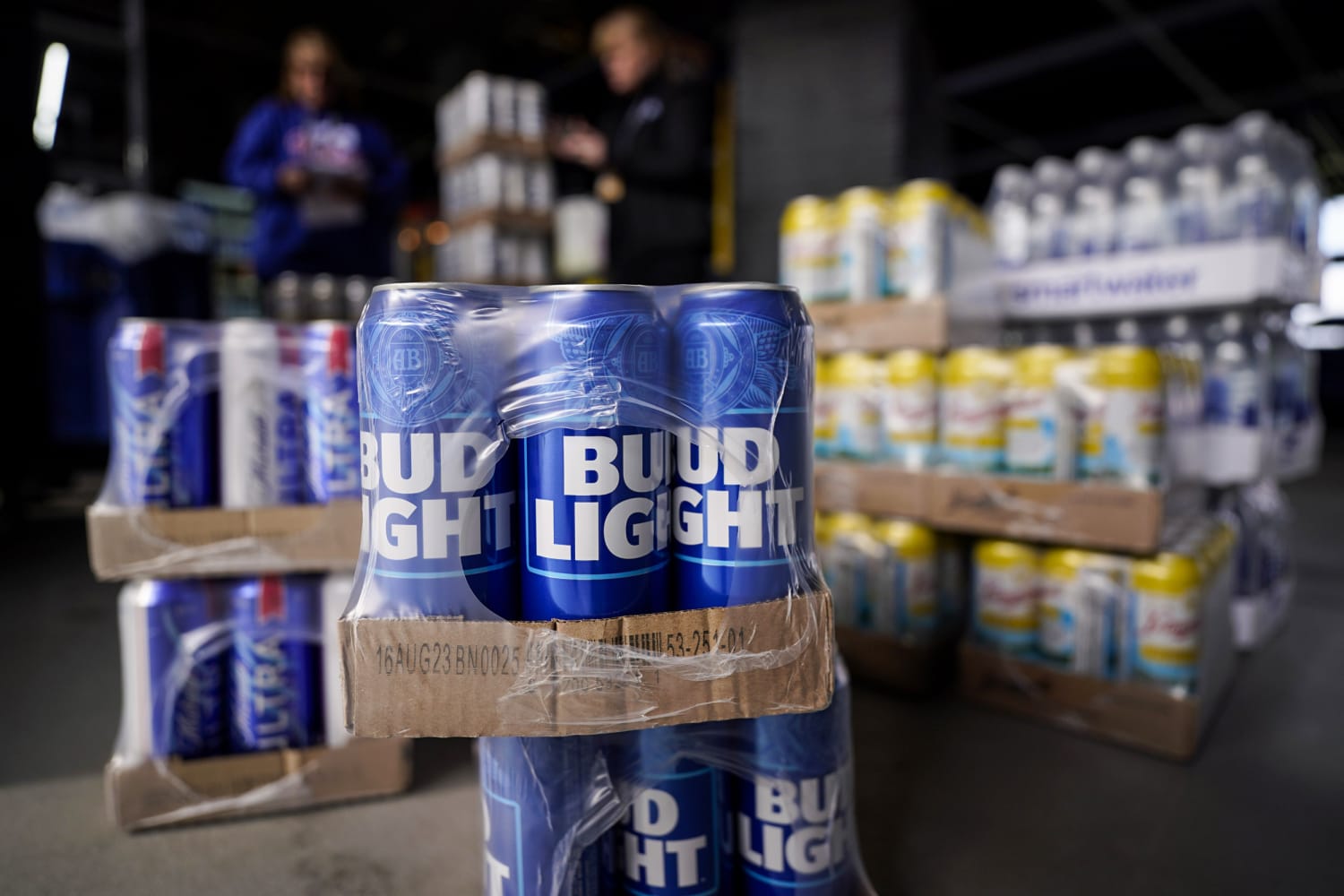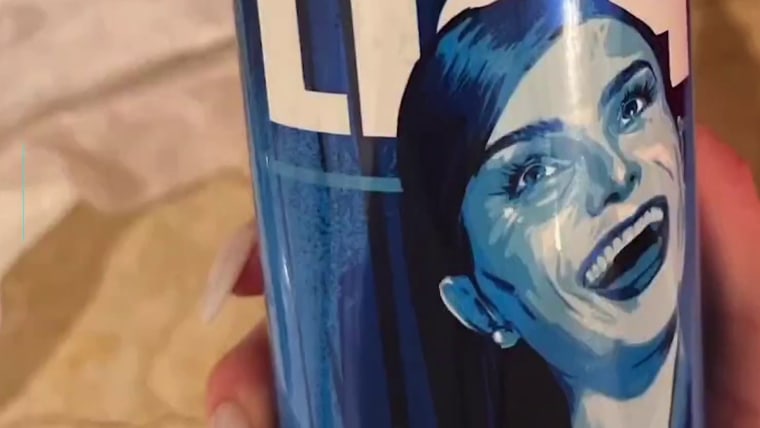Bud Light may have fumbled its attempt to broaden its customer base by partnering with a transgender influencer. But experts say inclusive marketing is simply good business — and it’s here to stay.
“A few years from now, we will look back on this ‘controversy’ with the same embarrassment that we feel when we look back at ‘controversies’ from the past surrounding things like interracial couples in advertising,” said Sarah Reynolds, the chief marketing officer for the human resources platform HiBob, who identifies as queer.
On April 1, transgender influencer Dylan Mulvaney posted a video of herself cracking open a Bud Light on her Instagram page. She showed off a can with her face on it that Bud Light sent her — one of many corporate freebies she gets and shares with her millions of followers.
But unlike the dress from Rent the Runway or the trip to Denmark from skincare brand Ole Henriksen, Bud Light’s partnership with Mulvaney angered some customers and hurt sales, while the brand’s lack of support for the influencer infuriated the very people it was trying to reach.
Three days after Mulvaney’s post, Kid Rock posted a video of himself shooting cases of Bud Light. Shares of Bud Light’s parent, AB InBev, temporarily plunged and the company issued a terse statement in response to the controversy.
This week, Anheuser-Busch — AB InBev’s U.S. subsidiary — confirmed that Alissa Heinerscheid, its vice president of marketing, and her boss, Daniel Blake, are taking a leave of absence. The company won’t say when they will return or whether they’re being paid.
For some, the partnership went too far at a time when transgender issues — including gender-affirming health care and participation in sports — are a divisive topic in state legislatures.
“Whether the issue is trans people or anything else, the majority of consumers are pretty vocal about the fact they don’t want brands lecturing them or stuffing politics or social issues down their throat,” said John Frigo, the head of digital marketing for Best Price Nutrition. “If you sell beer, just make beer and leave it at that.”
But others — including Heinerscheid herself — say reaching out to younger and more diverse consumers is crucial. According to a 2021 Gallup poll, 21% of people in Generation Z identify as lesbian, gay, bisexual or transgender, compared to 3% of Baby Boomers. Gallup has also found that younger consumers are the most likely to want brands to promote diversity and take a stand on social issues.
“I had a really clear job to do when I took over Bud Light. And it was, this brand is in decline. It’s been in decline for a very long time. And if we do not attract young drinkers to come and drink this brand, there will be no future for Bud Light,” Heinerscheid said last month in an episode of Apple’s “Make Yourself at Home” podcast.
Bud Light and Mulvaney declined requests to talk to The Associated Press for this story.
Source: | This article originally belongs to Nbcnews.com











